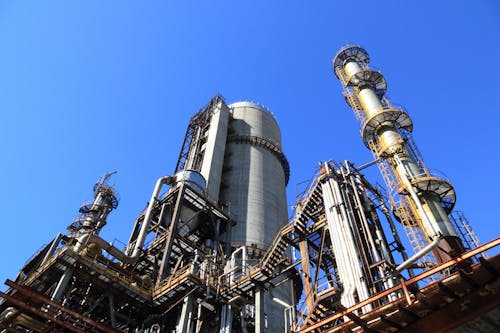Oil sands workers are an integral part of Canada’s resource economy. They extract, process, and transport crude oil and other petroleum products. This work is often done in isolates areas with hazardous conditions and can put their mental and physical health at risk. In recent years, reports have emerged about an increase in alcohol and drug addiction among oil sands workers. While some suggest the stresses of the job are causing these problems, others attribute them to the isolated environment and absence of regulated health and safety measures. In any event, it is clear that oil sands workers—and their families—are suffering.
Alcohol and drug use in the oil sands are a major concern for health and safety experts. Oil sands workers typically work long hours in an ultra- hazardous environment. The isolation of this work is problematic in itself, as workers feel increasingly disconnected from the “normal” world. Likewise, they experience tremendous financial and emotional stress, as well as operating in conditions of extreme weather. All of these factors can contribute to an increased likelihood of drug and alcohol abuse.
The effects of alcohol and drug addiction on individuals—let alone entire communities—are severe. Within the oil sands, workers are more prone to accidental death and workplace injuries related to drug and alcohol use. Plus, long-term effects of substance abuse—such as addiction and liver and other diseases—pose major threats to everyone. The health and safety of workers is thus gravely compromised, as is the quality of their work.
The use of alcohol and other drugs in the oil sands has been linked to a variety of negative impacts on worker productivity and safety, including:
– deteriorating physical and mental health
– increased absenteeism and decreased productivity
– increased risk-taking behavior
– heightened risk of workplace accidents
– impaired judgment and decision-making
– increased disputes and conflicts among workers
The consequences of drug and alcohol use in the oil sands industry are felt far beyond Canada. Human Rights Watch conducted a survey on the impact of this substance abuse on communities in both Canada and the United States, where oil sands are also found. The survey revealed not only how this addiction was impairing the well-being of workers and their families, but also how it was negatively impacting the surrounding environment.
Given the gravity of the situation, it is imperative to implement measures to tackle this problem before it escalates further. The most pressing priority is to increase public awareness and education campaigns about drug and alcohol abuse. Companies operating in the oil sands should also adopt stringent rules and regulations to ensure their employees do not indulge in drugs or alcohol while on the job. This could include drug testing before and during shifts, random breathalyzer tests, and the introduction of support systems such as employee assistance programs.
Ultimately, curbing alcohol and drug abuse in the oil sands is a collective effort. Communities, politicians, and oil sands companies must work together to create safer work environments and better opportunities for workers. This will go a long way in ensuring workers’ health and safety, and reducing the risk of long-term damage caused by substance abuse.









